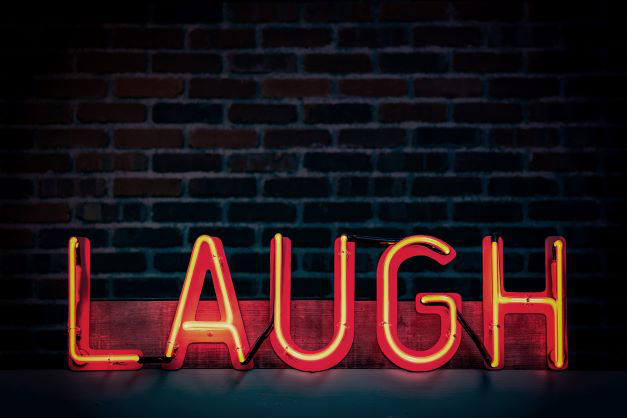
Is it completely unacceptable to make offensive jokes?
By Matthew Fraser, Editor in Chief
Offensive comedic jokes span the gamut from dead baby jokes to all the genocide jokes.
Unfortunately, not everyone is equally comfortable with everything. Thusly, some people with high levels of comfort make statements or jokes that are grievous or upsetting to others. But what levels of offensiveness are acceptable in our comedic world?
Offensive comedic jokes span the gamut from dead baby jokes to all the genocide jokes. If you have been alive more than 10 years you have likely heard jokes involving the holocaust or catholic priests. It is always understood that part of the ‘fun’ of the joke is the shock value of its offensiveness. A kind of “did you really just say that” humour.
Yet, that may wound listeners in a truly unacceptable manner. I am reminded of a Bill Burr special where he talks about being all out of white guilt; he prefaces this statement by discussing the lineage of racial movies that candidly depicted white supremacy. His essential stance is that the whipping scene in Roots was horrific and disturbing, but the discrimination a black swim team faced was comparatively benign. He further goes on to point out the absurdity of a future movie highlighting the discrimination faced by the (hypothetically) first black ping-pong team.
In terms of the racism that black Americans once faced around swimming, the history is clear. In 1919, Chicago’s Red Summer was kicked off at a beach. Three African American teens were swimming when they unwittingly floated past the line dividing the segregated beaches. The racist white bystanders decided to throw rocks at the boys while yelling jeers and slurs; when one of the boys drowned to death, people from the black side of the beach came forward to collect his body and retaliate. The fight that started on the beach turned into a week-long riot that claimed over 30 lives. Clearly, racism affected swimming.
Additionally, one of the more famous civil rights era photos is of a white motel manager named James Brock pouring muriatic acid into a pool to drive out the black people swimming in it. The swim-in depicted in that picture was directly about segregation. Even though the acid poured into the pool was so heavily diluted by the pool that it was harmless, the intent was clear: stay in and be hurt or get out because you don’t belong.
Personally, I found Burr’s jokes to be hilarious based not only on the shockingness of the statement but also on the candid honesty he uses to point out that white men are not the only group of people to have ever thought something horrible. Despite my knowledge of the historic events above, I still laughed. However, I am well aware that for large swaths of society today, his joke would be completely unacceptable due to the history it belittles and the groups it is based around. But should it be considered so horribly?
My opinion is simple: we are going to have to one day establish what jokes are truly out of bonds and patently intolerable to good sense while coming to terms with the fact that some things are going to be too much for some. Comedy by its dependence on sharp criticism and ridicule will always risk offending some; that’s unavoidable. Yet some comics can be both funny and illuminating through this shock. Whether a smaller or larger segment of the population is offended by Catholic priest jokes vs LGBTQ jokes is irrelevant, what matters is that the jokes themselves serve some purpose other than to shame and punch down.
It’s not very likely that we will all one day have the same sense of humour, instead, we may just have to settle for the democratization of criticism.



